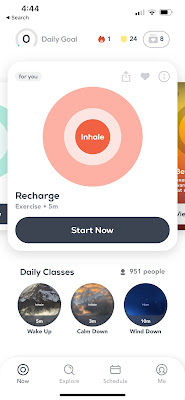Music is motivating, self-regulating and full of language. Recently I have used songs with individuals and groups in a couple of specific ways.
For an individual client I see, I have been working to incorporate many of his interests as part of a neurodiversity-affirming approach. When he mentioned liking the Beatles, I instantly knew this could be a great path to engagement. We started with "Here Comes the Sun" and using Wikipedia to look up some details about the song brought some great conversation. In addition, the famous album cover of "Abbey Road" brought some Visualizing and Verbalizing-style picture description into the session. Songs with lyrics are available on YouTube and through this we discussed figurative language with this song and "Yesterday."
Watch on TikTok


